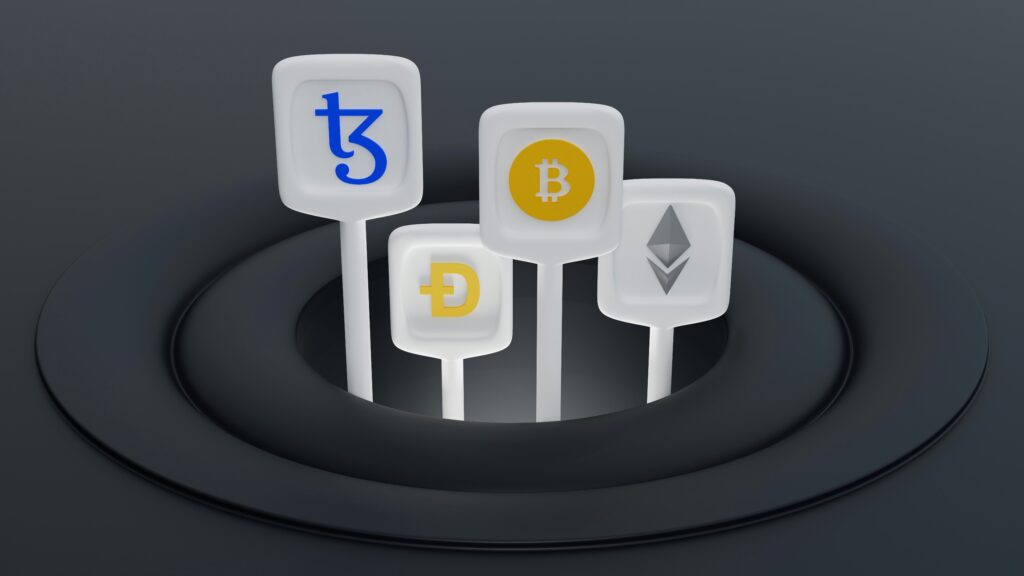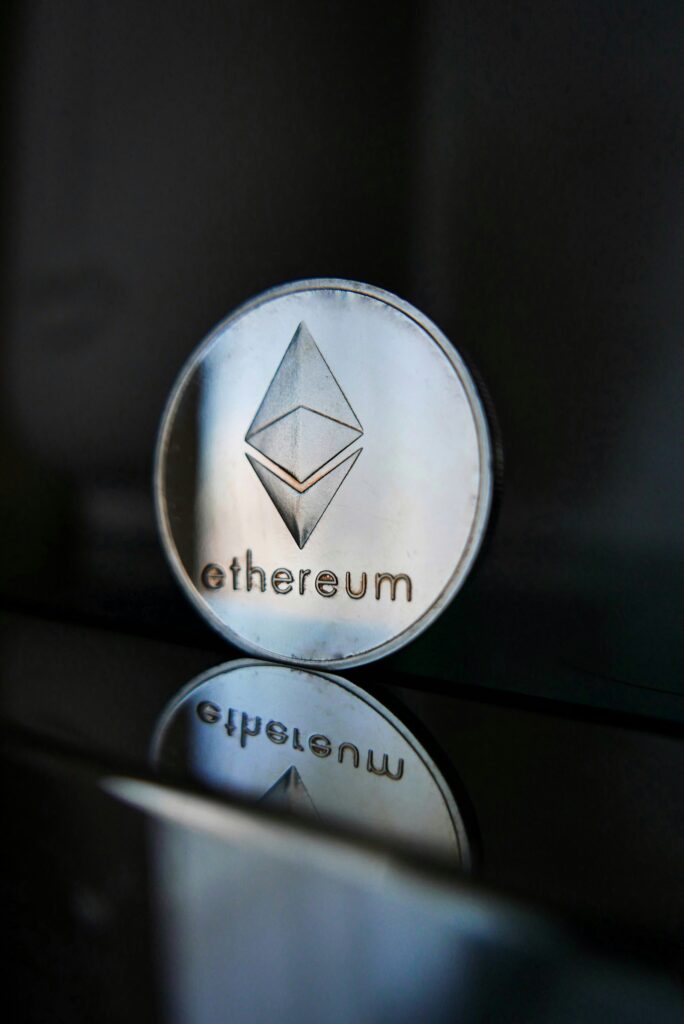Introduction
What are smart contracts? The future of decentralized apps begins with understanding a basic question: what is a smart contract? In the world of cryptocurrency and blockchain, smart contracts are like digital agreements that run automatically when conditions are met. They don’t need lawyers or banks. They just work. As blockchain technology evolves, smart contracts are becoming the backbone of decentralized apps (dApps), changing how industries operate.
In this article, we will explore what smart contracts are, how they work, and why they matter so much for the future of decentralized apps. Whether you’re a beginner or curious about blockchain trends, this guide will simplify the complex.
What Are Smart Contracts?
To answer what are smart contracts? The future of decentralized apps, think of a smart contract as a self-executing program stored on a blockchain. These contracts contain rules and conditions written in code. When those rules are fulfilled, the contract automatically carries out the agreed-upon action.
For example, imagine you rent a digital apartment through a smart contract. Once your payment is confirmed, the digital key is released to you — no need for a landlord or agent. This system is transparent, trustless, and automatic — and that’s the magic behind smart contracts.
How Do Smart Contracts Work?
Understanding what are smart contracts? The future of decentralized apps means knowing how they function on the blockchain. Smart contracts are typically written in programming languages like Solidity (used on Ethereum). Once created, they are uploaded to the blockchain, where no one can tamper with them.
When users interact with these contracts, they initiate specific transactions. The blockchain then validates and executes the contract. This process removes middlemen, reduces costs, and increases security. That’s why smart contracts are becoming popular in industries from finance to gaming.
Real-World Use Cases of Smart Contracts
To fully grasp what are smart contracts? The future of decentralized apps, let’s look at how they’re used in real life. Smart contracts power decentralized finance (DeFi) apps, letting users lend, borrow, and trade crypto without banks. They are used in NFTs to manage ownership rights and royalties automatically.
In supply chain management, smart contracts ensure that goods are tracked transparently from origin to delivery. Even voting systems are exploring smart contracts to make elections secure and tamper-proof. The applications are limitless and growing fast.
Why Smart Contracts Are the Future of dApps
A big reason we talk about what are smart contracts? The future of decentralized apps is that dApps (decentralized apps) depend on them. dApps are applications that run on blockchain networks instead of centralized servers. Smart contracts power these apps by handling transactions, data storage, and logic.
Whether it’s Uniswap for crypto trading or Axie Infinity for gaming, smart contracts do the heavy lifting. This makes dApps more open, secure, and censorship-resistant. As more industries adopt dApps, smart contracts will be at the core of this digital revolution.

Benefits of Smart Contracts
To understand what are smart contracts? The future of decentralized apps, you should also know their advantages:
- Transparency: Everyone on the network can see the contract and how it functions.
- Security: Once a contract is deployed, it’s nearly impossible to alter.
- Automation: No need for manual processing — the code handles it all.
- Cost-Effective: Cuts out intermediaries like lawyers and banks.
- Speed: Transactions happen instantly once conditions are met.
These benefits make smart contracts a game-changer in the digital world.
Challenges and Limitations
While exploring what are smart contracts? The future of decentralized apps, it’s also important to address their limitations. Smart contracts are not perfect. Bugs in code can lead to huge financial losses. Once a contract is live, fixing errors is difficult.
Also, smart contracts operate based on the information provided — they can’t “think” or make judgments like humans. If wrong data is input, the contract will still execute. Legal recognition of smart contracts is also still evolving in many countries.
Popular Platforms That Use Smart Contracts
In our journey to understand what are smart contracts? The future of decentralized apps, we should also know the platforms where smart contracts are thriving:
- Ethereum: The pioneer and most widely-used smart contract platform.
- Solana: Known for speed and low fees.
- Cardano: Focuses on security and academic research.
- BNB Smart Chain: Offers cheap and fast smart contract interactions.
- Polygon: Scales Ethereum and reduces costs.
Each platform offers a unique environment for building dApps with smart contracts.
How to Start With Smart Contracts
If you’re interested in what are smart contracts? The future of decentralized apps, and want to try building one, start by learning Solidity or Vyper (for Ethereum). Use test networks like Ropsten to experiment. Websites like Remix IDE let you write and deploy smart contracts with ease.
Also, explore platforms like OpenZeppelin that offer free, secure templates. With time and practice, you can create your own dApps and become a part of the decentralized revolution.
Future Trends for Smart Contracts
Looking at what are smart contracts? The future of decentralized apps, we can see several trends:
- Interoperability: Contracts that work across multiple blockchains.
- AI integration: Smarter contracts with predictive capabilities.
- Legal recognition: As laws evolve, smart contracts may gain official status.
- No-code tools: Allow non-programmers to create smart contracts easily.
These trends suggest that smart contracts are only just beginning to show their full potential.

Conclusion
Now that you understand what are smart contracts? The future of decentralized apps, it’s clear they’re not just buzzwords. They are changing how we make agreements, run businesses, and build apps. As technology improves, smart contracts will become even more powerful and easier to use.
Whether you’re a developer, investor, or just curious, learning about smart contracts now will put you ahead in the future of blockchain. The next generation of the internet — Web3 — is being built on smart contracts. Will you be part of it?
Q1: What are smart contracts in simple terms?
A: Smart contracts are computer programs on the blockchain that run automatically when conditions are met, like digital agreements.
Q2: How do smart contracts relate to decentralized apps?
A: Smart contracts are the core of decentralized apps (dApps). They handle the app’s logic and allow it to operate without a central authority.
Q3: Are smart contracts legally binding?
A: This depends on the country. Some places recognize smart contracts under law, but in many areas, legal frameworks are still developing.
Q4: Can smart contracts be hacked?
A: While the blockchain is secure, poorly written smart contracts can be exploited. That’s why code audits are essential.
Q5: Do I need to know coding to create smart contracts?
A: Yes, if you’re building from scratch. However, no-code platforms are emerging to make it easier for non-developers.
Q6: Which blockchain is best for smart contracts?
A: Ethereum is the most popular, but Solana, Cardano, and BNB Chain also offer powerful smart contract capabilities.
Read Also : Top 5 Crypto Wallets to Use in 2025

